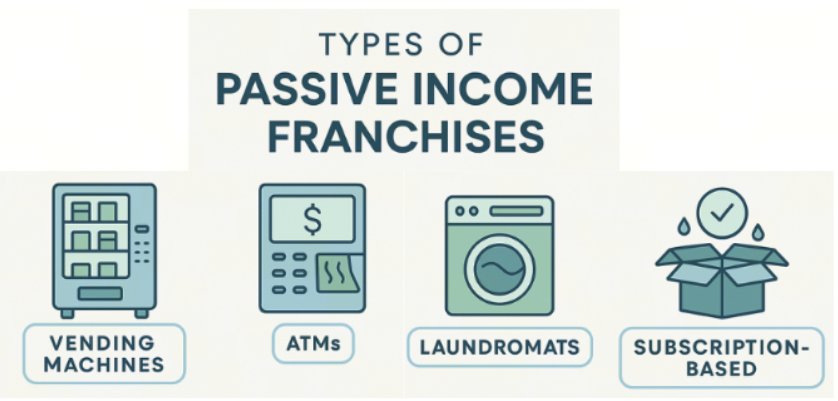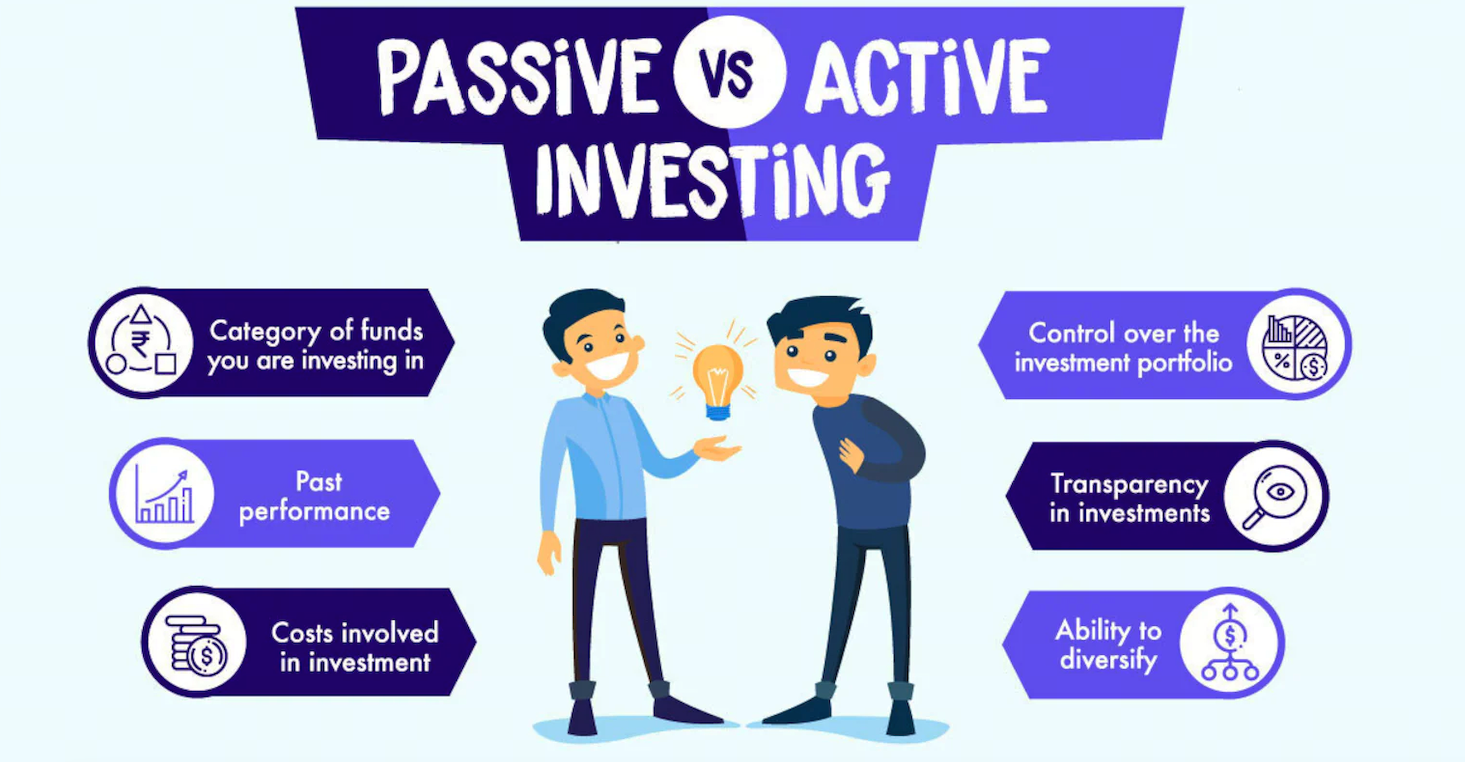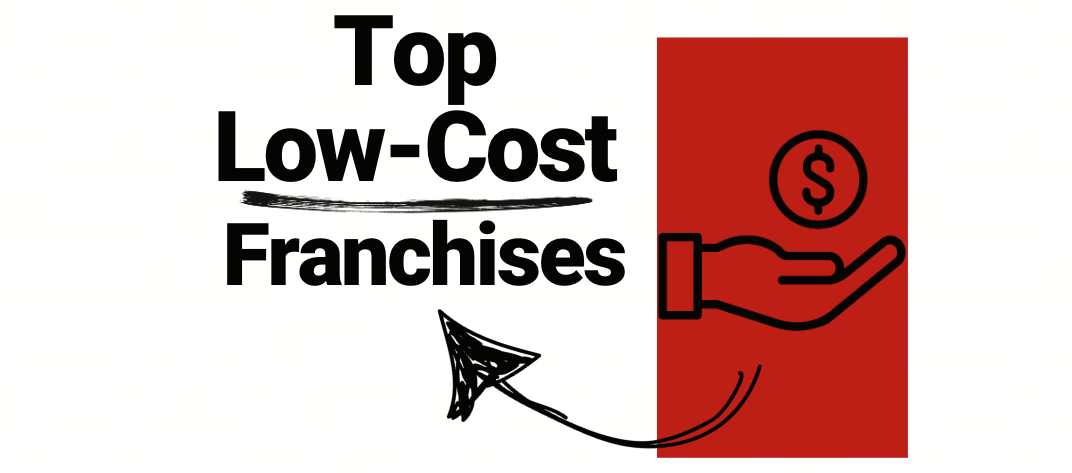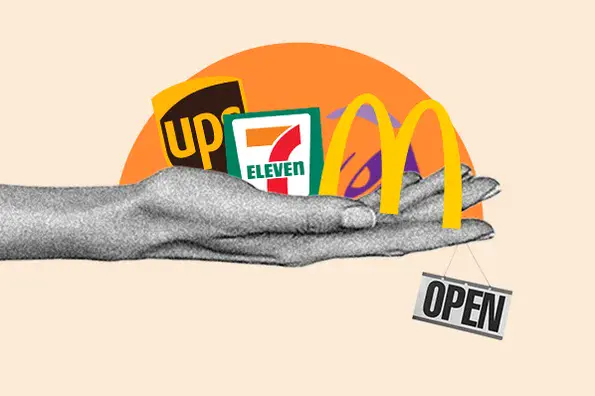
Why Passive Franchises Are Trending in 2025
In 2025, passive and semi-passive business models are becoming more popular due to economic recovery, remote-friendly operations, and automation technologies. Sectors like health & wellness, home services, pet care, and fitness are especially promising because they combine steady demand with scalable systems.
Top Passive Income Franchise Categories for 2025
The chart below shows several of the most promising categories for passive franchise ownership this year.
| Franchise Category | Average Startup Cost | Involvement Level | Notable Brands |
|---|---|---|---|
| Vending Machines & ATMs | $3K – $25K | Very Low | Healthy YOU Vending, ACFN ATM |
| Laundromats & Car Washes | $50K – $500K | Low | WaveMAX, Mr. Clean Car Wash |
| Business Consulting | $25K – $65K | Semi-Low | P3 Cost Analysts |
| Fitness Centers | $100K – $350K | Semi-Low | Anytime Fitness, 9Round Fitness |
| Home Cleaning Services | $60K – $150K | Semi-Low | Two Maids & a Mop |
| Pet Care Services | $150K – $500K | Semi-Low | Camp Bow Wow |
Franchise Examples Gaining Traction in 2025
Some high-ROI and well-recognized franchises dominating the passive income space include:
- McDonald’s – High initial investment but unmatched brand power and returns.
- UPS Store – Steady demand for shipping and printing services.
- Planet Fitness – Large membership base and minimal staffing requirements.
- WaveMAX Laundry – Modern laundromat model with minimal oversight.
- Great Clips – Repeat customers and easy staffing model.
- Camp Bow Wow – Strong pet industry growth and brand recognition.
- Sandbox VR – Tech-driven entertainment with limited daily involvement.
Pros and Cons of Passive Franchises
Advantages
- Recurring revenue streams once the business is established.
- Access to proven systems and brand recognition.
- Scalability—many owners expand into multiple locations quickly.
Drawbacks
- Hidden costs such as royalties, marketing fees, and supply requirements.
- Some franchises labeled “passive” still require 10–20 hours per week.
- Low-cost models may have lower profit margins or slower ROI.
How to Choose the Best Passive Franchise
- Determine your budget and time availability – Decide if you want nearly hands-off management or a few hours weekly.
- Research industry growth – Look for sectors that are expanding, like wellness or pet care.
- Check brand reputation – A strong name like UPS or Anytime Fitness brings built-in trust.
- Understand the Franchise Disclosure Document (FDD) – Review fees, royalties, and operational requirements.
- Speak with current franchisees – Get real insight into workload and profitability.
Final Thoughts: Building Passive Income in 2025
A passive income franchise can be a powerful way to create steady, scalable earnings while preserving your time. Whether you choose low-cost vending operations, automated laundromats, or established high-ROI brands, the key is thorough research and smart investment planning.
The right choice can give you the best of both worlds—financial growth and lifestyle freedom.



